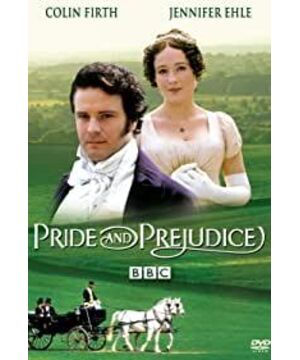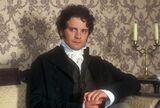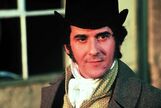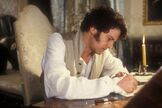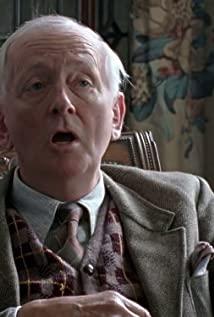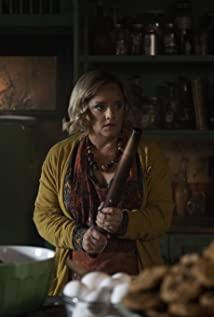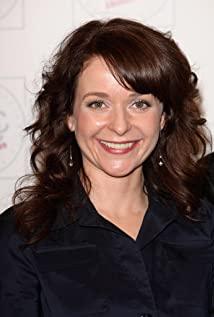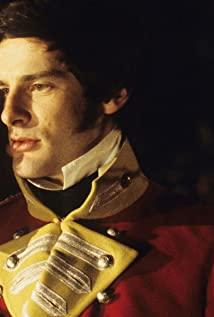In comparison, Jane Austen is much more interesting. She uses a light and humorous tone to construct a marriage theory with her own characteristics: love alone cannot make marriage. It may be a bit heavy to say this, but the more accurate expression is: marriage cannot be without love, nor without economic foundation. This is especially true in China, as the popular "New Marriage Era" said, you are not only married to a person, but also married to his life, married to his father, mother and brother Sisters, colleagues and bosses, in short everything related to him. The most striking manifestation of this point of view is in Darcy's dialogue when he first proposed to Elizabeth.
Although Darcy was known for being arrogant and introverted, he was just a stubborn boy. Seeing that Elizabeth couldn't hold back after two months, she took the opportunity of being at home alone to propose marriage.
He said: Shabei, I have been fascinated by you for a long time. Although proposing to you, who has a disparate status, will definitely be spurned by my nouveau riche father, which also violates the reason I have always advocated, but I am still here. I miss you!
After listening to his confession patiently, Miss Elizabeth said softly, "Take it down. If others hear your words, they might be excited. But Miss Ben doesn't agree, so I can't stand your unwillingness." Like someone is forcing you. Then she straightened her clothes and said a classic line of rejection more gently: I have no intention to cause harm to you, and if it does, I hope it will disappear as soon as possible.
Darcy said that I said this because I am honest and sincere. Wouldn't you be happier if I were nice, but being honest is one of the principles of my life. Do I think against my heart that it is a good thing that your poor family can't help you, and that it is a happy thing to marry someone with a disparity in status? (This is exactly what Miss Jane Austen was going to say)
Elizabeth said: If you say that, I even take my sympathy back. I only knew you for a month and I thought that all the men in the world were dead and I would not marry. you.
A romantic proposal broke up like this, and both of them were still angry. But attentive audience friends must find that they are only arguing about attitudes and not mentioning love itself. The reason for this is that Miss Austin believes that the extension of love can be ever-changing, but love at first sight as its connotation is at least basic recognition or can not be changed. In fact, Seeing this, you will find that Jane Austen's story type is still a clichéd love at first sight. There are also banquets and dance dates in the book, one after the other, which makes people feel that the British people of that era were really boring, and so were the writers. But Jane Austen's dull, trivial and repetitive life makes us look interesting, and his dialogue seems ordinary but hides mysteries. When you first taste it, you can see it with a long-lasting smile. Reading is an age-related matter, how can such pure British humor and sharp-edged children appreciate it?
The BBC has a very good way of picking actors. Colin Firth and Jennifer Ellie, who are the leading actors, are both senior British devils. Needless to say, Elizabeth's snobby old lady and two silly little sisters appear every time. It makes people laugh, which shows that the supporting roles are well played.
View more about Pride and Prejudice reviews


